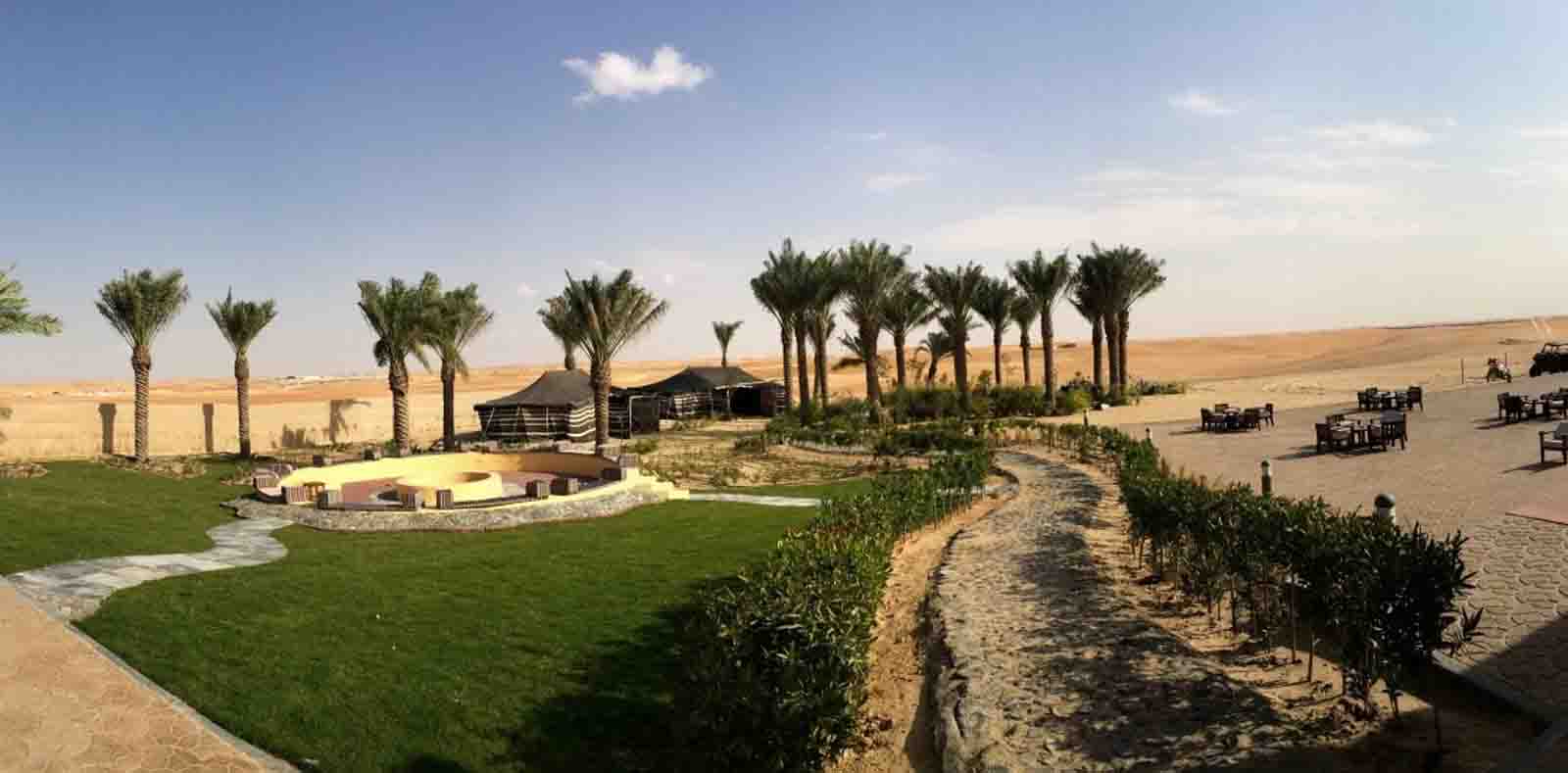Memorization to Innovation: Sustainability in Schools
Opinion Piece, Youth

June 28, 2020, 8:07 am
By Yasmin Gulamhusein, Student
In high school we develop the tools that we need in order to go out into the world. We learn to analyze literary texts so that we can comprehend. We learn mathematical equations so that we can manage our finances. We learn different languages so that we can converse with a diverse groups. If the climate issue is so pressing, then why do most curriculums not offer the option to learn about this issue in the same way as a regular class? After all, knowing about this issue is critical if we want to help combat it.
Having recently graduated high school, I’ve been reflecting on my learning experience. When I entered elementary school I learned by repeating after the teacher. I began to sound out letters and read the alphabet by copying what my teacher did. As I grew older and entered middle and high school, learning became less about memorization and more about thinking for myself. I was taught to question the facts presented before me, and to ask why and how rather than just accepting the information in a textbook. As I reached my last few years of school, I learned to explore my own ideas. I began to challenge the methods set before me, and come up with my own creative solutions to a problem. Sometimes my innovation resulted in an intriguing find and sometimes it reached a dead end, but either way I learned that there wasn’t always one way to complete a task or solve an issue.
Over the past seventeen years I’ve gotten to this point in my education by first learning to repeat, then to memorize, then to understand, and then to innovate. This pattern of learning is similar to something called Bloom’s Taxonomy. Bloom’s Taxonomy classifies learning objectives into a framework, with the first objective being memorization and the highest objective being creation. So why do I mention this pattern? I think that this framework of learning can open up a discussion as to why it’s important to teach about sustainability in schools.
The global environmental movement is growing stronger. More people are learning about these issues and are demanding change. The voices of the masses can push for environmental advances, but it is innovation and experimentation in the environmental field that also drives important change. Inventions have the ability to minimize our impact on the earth, and previous inventions have emerged because people explored different ideas and used their creativity.
If the framework of learning holds true, environmental issues should be an essential part of a child’s education if we really want to see this field thrive and develop. Just as a student learns about human anatomy in high school, takes their studies further, and then goes on to make advances in the medical field later in life. How do we expect my generation to go out into the world and innovate in the field of environmental action without first learning about it as part of the school curriculum?
I was fortunate to attend a school where environmental issues were woven into our curriculum, however, a lot of schools don’t offer the opportunities mine did. I leave you with this thought: if we keep saying that it’s up to the next generation to tackle climate change, to solve the environmental issues, and develop new technologies, how do we expect them to do this without giving these issues equal teaching space at school? Just as we know that repetition, memorization, and understanding lead to innovation. Then shouldn’t we at least start by giving students a basic education on environmental issues if we want them to reach that point of innovation?










